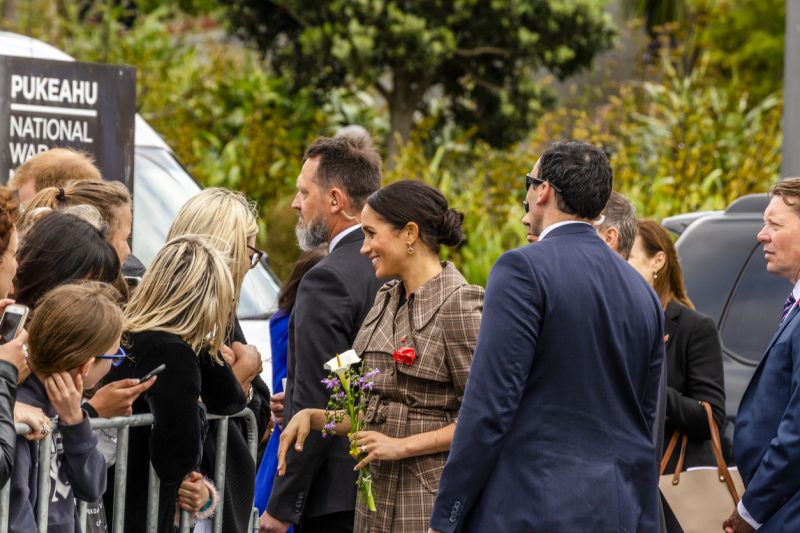How brands are capitalising on the ‘Markle Sparkle’ and consumer trends to push sustainable fashion
In a climate where there is increasing pressure from both consumers and industry leaders for retailers to be sustainable, The Iconic has launched its ‘Considered’ tool. Mumbrella’s Brittney Rigby looks at the motivation and strategy of the launch, and hears from brands who are pushing into the space.
Clare Press, Vogue’s sustainability editor at large, asks the founder of Outland Denim to explain what she calls the ‘Markle sparkle’. James Bartle laughs, then responds with the numbers: Within 24 hours of Meghan Markle, the Duchess of Sussex, wearing a pair of Outland jeans, the style sold out. Within a week and a half, website traffic increased by 958%, and sales by 1,000%. Within a few weeks, Outland had made 46 new hires.
“[We] couldn’t have had the same advertorial impact spending $5m,” Bartle says of the media relationships that “opened up” in direct response to Markle wearing Outland jeans for multiple days of her Australian tour last year.
“We were being stocked in stores we never even dreamed about being stocked in. When [a sustainable] option is presented to them, people inherently want to be part of the change.”



It’s a nice sentiment from The Iconic but a clear marketing ploy.
There is no such thing as “sustainable fashion” – the very idea of fashion (mass produced clothing for 4 seasons every year) can not and will not ever truly have the interest of the environment at heart.
Clothing made in Guangzhou China? Consider the amount of resource it takes to not only produce the clothing but also the transportation to Australia. Followed by packaging. Then shipment out to consumers. Now multiply for the number of international brands available and the number of deliveries made daily by The Iconic.
If The Iconic were serious about ethical textile/fabric sourcing, more brands that are Bluesign certified would be stocked. Currently I only see ~6 brands on the online store that are certified out of the many in their “Considered” section.
The most sustainable thing a consumer can do is to not buy anything at all, or buy used.